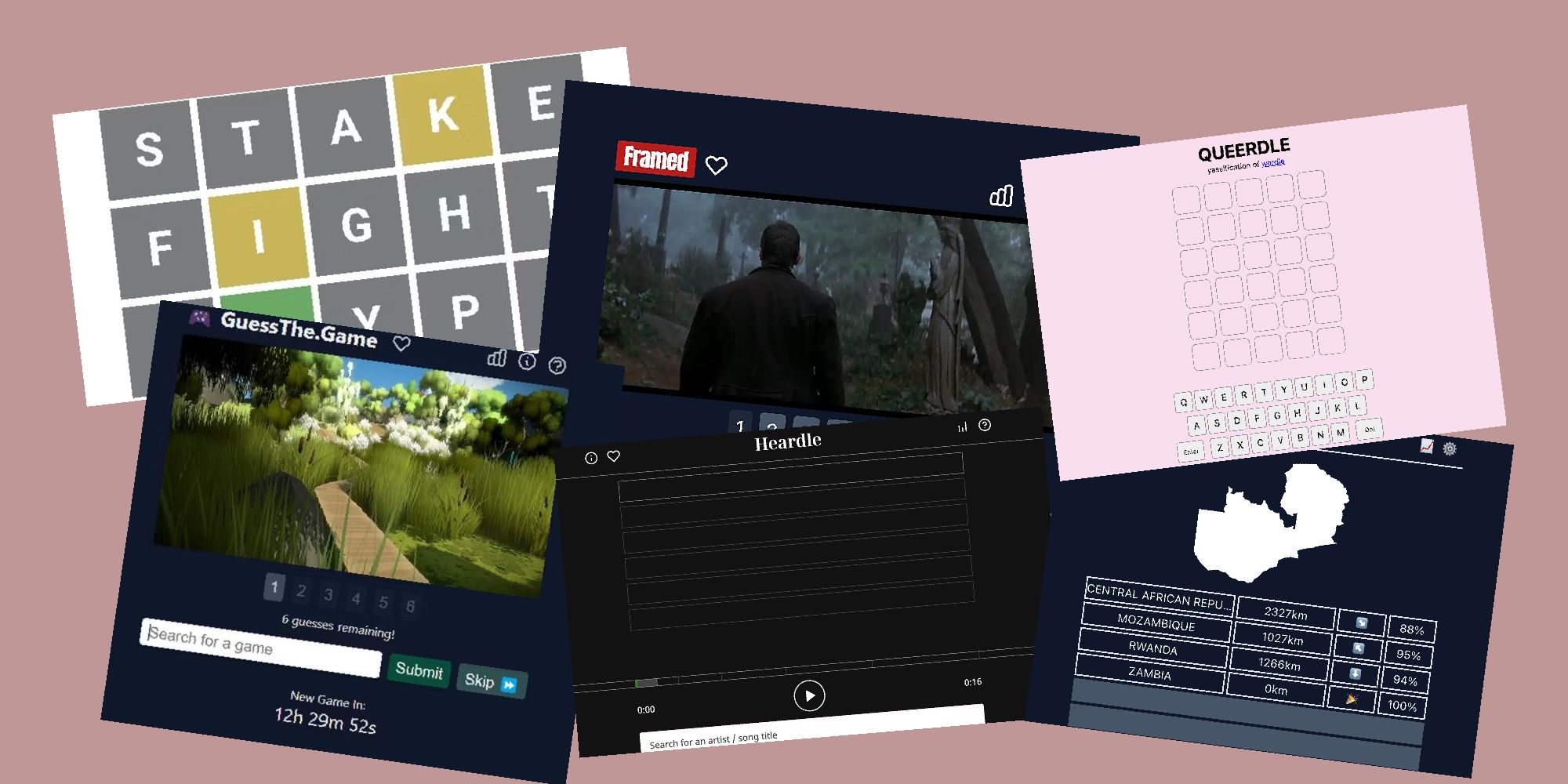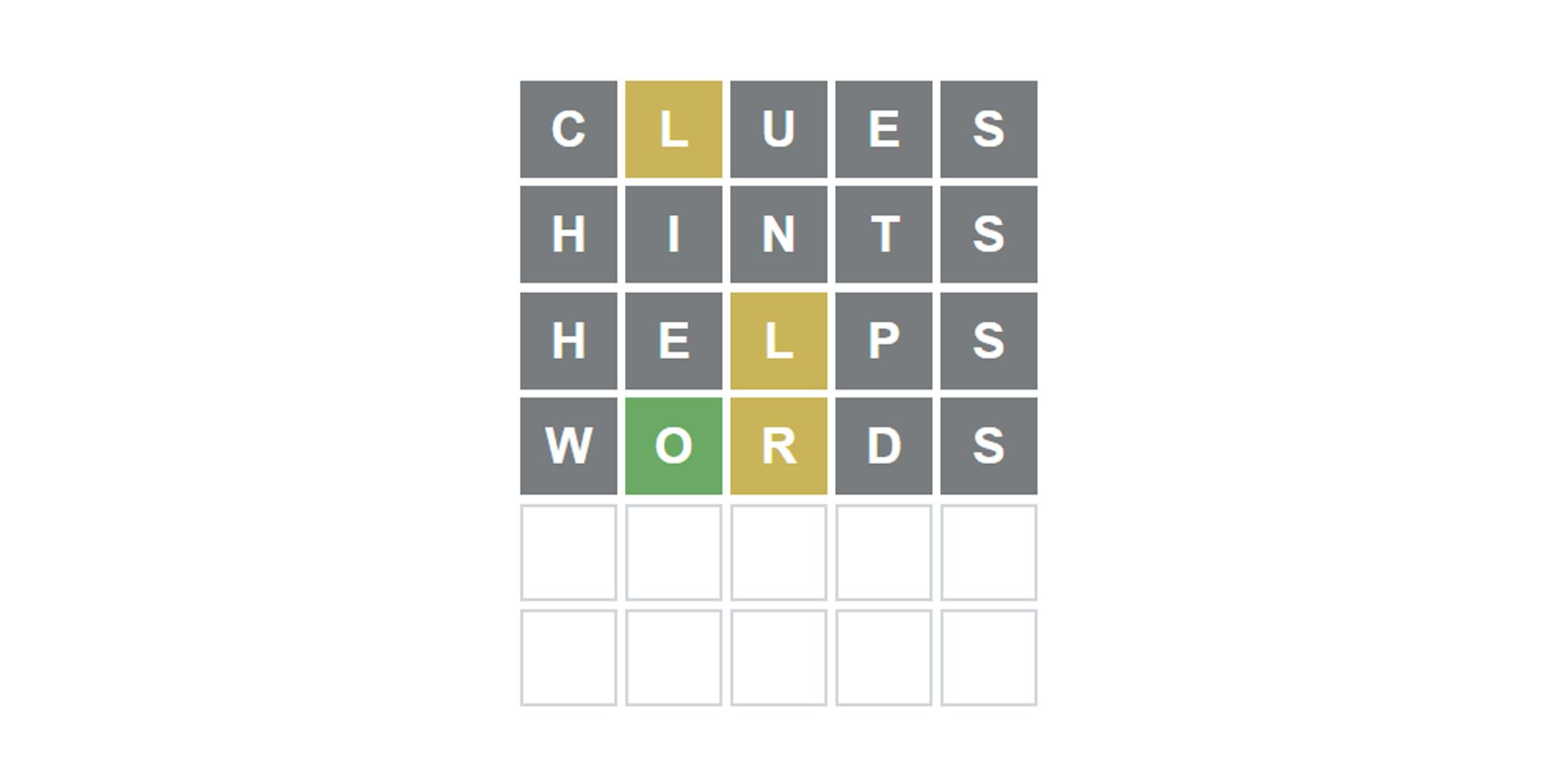As someone who writes about video games for a living, I remain in awe of the design of Wordle.
The seemingly small choices that Josh Wardle made while developing the ridiculously simple word game are what made it a cultural phenomenon. With the inclusion of the option to share your results as soon as you finished a round, there was an easy route, even for people who might not be technically savvy, to share the game with friends. Wordle's instantly readable color scheme — green means a letter is in the right place, yellow means the letter is in the wrong place, and gray means the letter isn't in the word at all — meant that your fellow Wordle fans could immediately see the contours of your round. And, speaking from experience as a one-time uninitiated player, seeing those green, yellow, and gray boxes take over my Twitter feed was incredibly effective marketing.
Wordle was conceived as a communal experience. For the first month or two of its zeitgeist-conquering popularity, that's how players received it. Again, I'm speaking from experience here. I introduced Wordle to my family group chat and my wife, sister, brother-in-law, and Words with Friends-loving parents immediately picked it up and began posting their results. It was great! It reinvigorated our group chat and now my family members are constantly sharing, not just results, but pieces of their lives, too. I routinely get funny videos of my nieces and updates on what my family members are up to.
But — and this is almost entirely my fault — the group chat has been diluted. As I discovered new Wordle-style games, I shared them with the chat. Now, results for Wordle, Dordle, Quordle, Octordle, Worldle, Heardle, Actorle, Hollywoodle, Box Office Game, and Framed litter the text thread. Where once meaning was easy to decipher, now the proverbial Thinking Cap must be donned. There are endless sets of colored squares signifying an endless number of things.
This isn't entirely a bad thing. My brother-in-law, who loves geography, now gets to lead the family in identifying countries none of us have ever visited. My sister, who is good at remembering songs and the artists who performed them, routinely beats the rest of us at Heardle. My Scrabble-loving mom excels at all the word games. And I, who spend way too much time watching and listening to podcasts about movies, have a whole host of cinema-themed games at my fingertips. In the same way that the indie explosion of the 2010s brought more genre options to underserved players, the Wordle explosion of 2022 has introduced an array of players to games that match their skill sets.
But, I can't help but feel like we've lost something in the process. Wordle, initially, promised one game that everyone could understand, share, and compete at. Not everyone was equally enthusiastic about or skilled at word games, but we were united in sharing a singular experience. When I shared my Wordle grid, you knew what it meant and had a bar to try to clear when you played the day's round.
That just isn't the case anymore. Unless you have a group exclusively made up of friends who are all really into geography or film, sharing your results for increasingly esoteric Wordle clones just feels like shouting into the void. Though the current buffet of options has better provided for everyone individually, it's hard not to see the individual gain as a communal loss.


